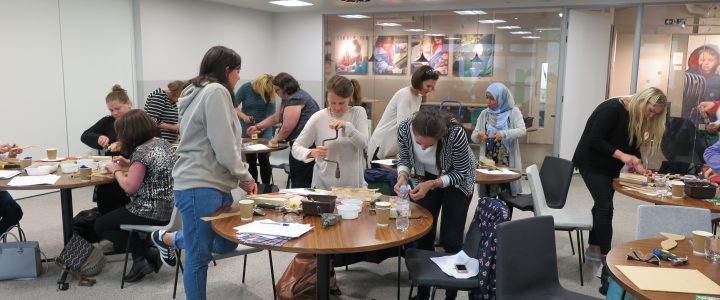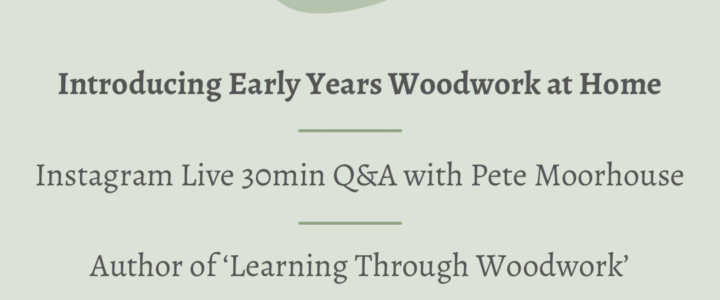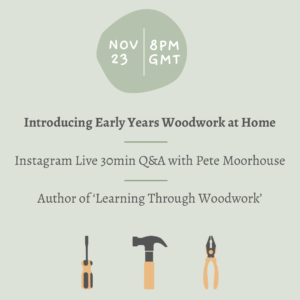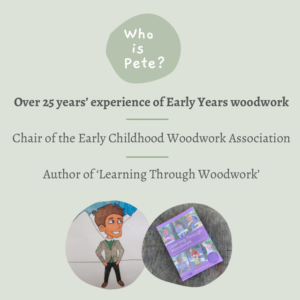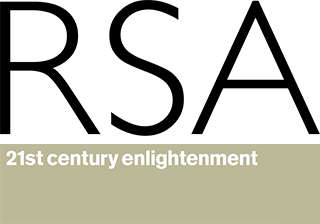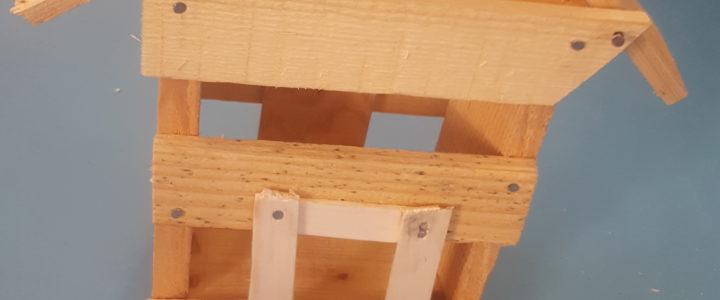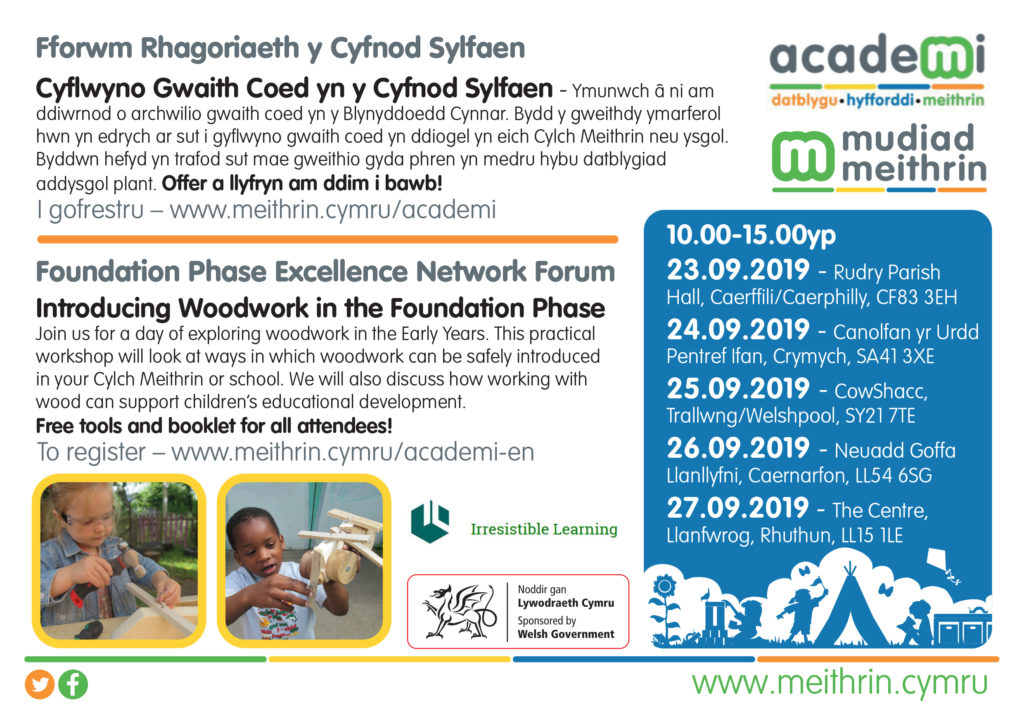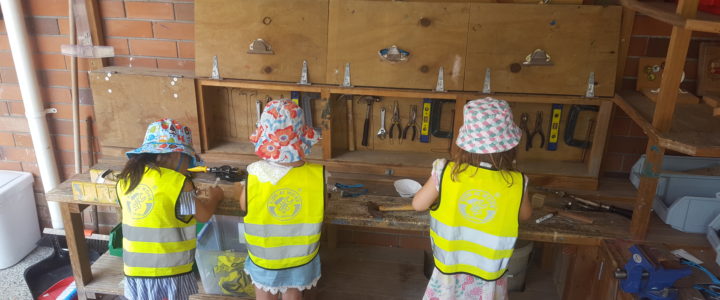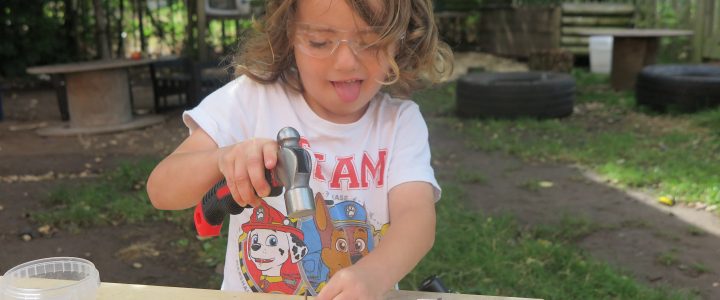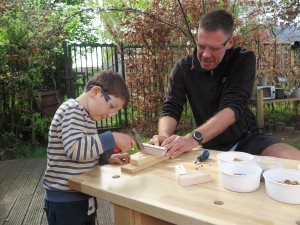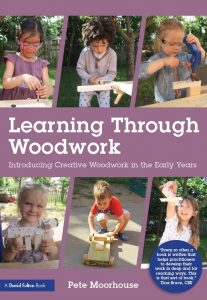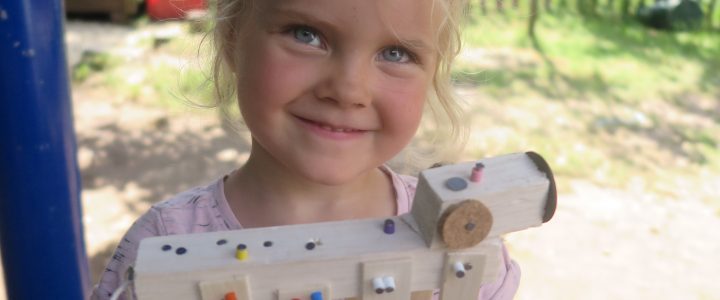Monday June 12th 2023
9.30- 3.30
HEADS TRAINING CENTRE
Bertram Crescent, Newcastle upon Tyne, NE15 6PY
Booking:
either via Eventbrite: https://bit.ly/3AuMxbk
or email Pete: studio@petemoorhouse.co.uk and I will invoice
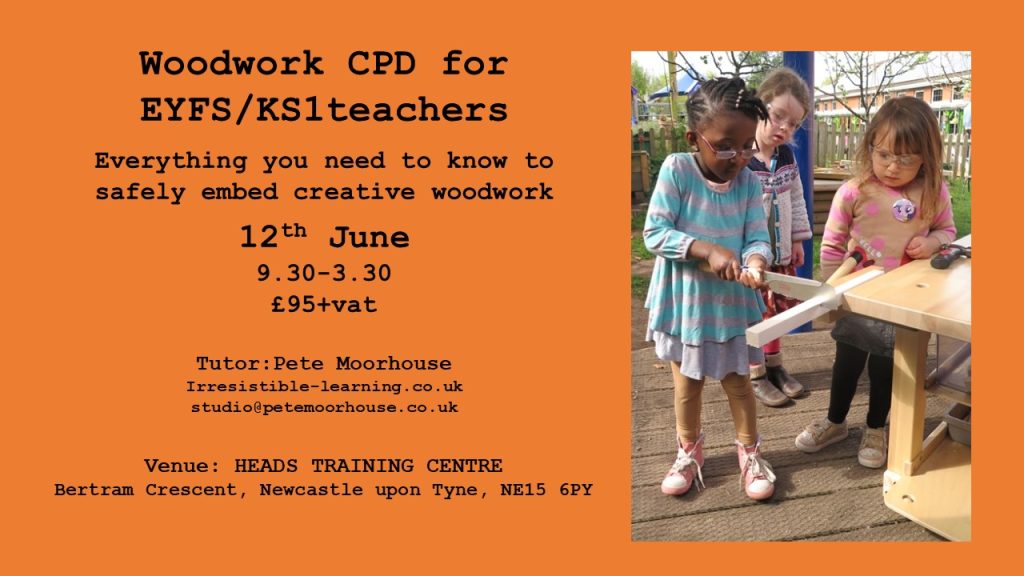
Day overview:
An introduction to the day. The historical and current context. Equal opportunities.
Theory: Where woodwork meet curriculum: Associated learning and development
Introduction to tools, wood, resources and workbenches
How to set up a woodwork area and manage the provision
Health and safety and risk assessment. Parents.
Longer term and collaborative projects, primary progression, makerspaces
Practical sessions: 2 practical sessions offering hands-on experience
————————————————————–
There is something really special about woodwork. The smell and feel of wood, using real tools, working with a natural material, the sounds of hammering and sawing, hands and minds working together to express imagination and solve problems, the use of strength and coordination: all go to combine captivating young children’s interest. It provides a truly unique experience. Woodwork is hugely popular with children, providing a rich source of enjoyment as well as learning. It is truly cross-curricular embracing so many areas of learning as well as building on children’s dispositions for learning. The impact is profound and long term.
This practical workshop will look at ways in which woodworking can be safely introduced in your school. We will look at the theory and the associated learning and development relating to the EYFS and KS1. There will be explanations of the most suitable wood and tools for children and instruction on how best to use them. We will look at the stages of children’s progression in woodwork. Information on potential suppliers of wood/ tools will be provided. Explanations on how to set up and manage a woodworking area. I emphasise open-ended exploration and also provide examples of possible longer term projects. There will be practical sessions for teachers to explore the tools, gain confidence and share the experience of making creations in wood.
From this course you will:
Understand the value and theory of woodwork especially in relation to EYFS/KS1
Learn about the current and historical context of woodwork
Understand the potential of woodwork for creativity and critical thinking
Learn how to introduce woodwork safely, implementing an effective risk assessment
Understand the most suitable tools for young children and how to use them
Be confident to develop a woodworking area
Know where to buy the most appropriate tools and materials
The venue is HEADS TRAINING CENTRE
Bertram Crescent, Newcastle upon Tyne, NE15 6PY
Drinks provided, bring a packed lunch.
Arrive at 9.15 for prompt 9.30 start
Tutor:
Pete Moorhouse is an early years creative consultant, researcher , author and artist educator based in the UK. He is an associate trainer for Early Education and deliverers training nationally and overseas and is also an endorsed Froebel Tutor. His work in schools is centred around nurturing children’s creativity and his practice is inspired by Froebelian principles and practice in Reggio Emilia. Pete is the UKs leading authority on woodwork in Early Years education and has written several books and journal articles, including ‘Learning Through Woodwork’ (Routledge) and books on outdoor learning. He is currently working his latest book – ‘Creativity in Practice: Nurturing creative and critical thinking in early childhood education’. He was awarded an honorary research fellowship from the University of Bristol and is currently researching the value of woodwork in early education. Pete was also awarded a Churchill Fellowship to undertake international research into best woodworking practices in education. Pete won the national award (2019) from the Creative Learning Guild for his work promoting creativity in education and is Fellow of the Royal Society of Arts.

